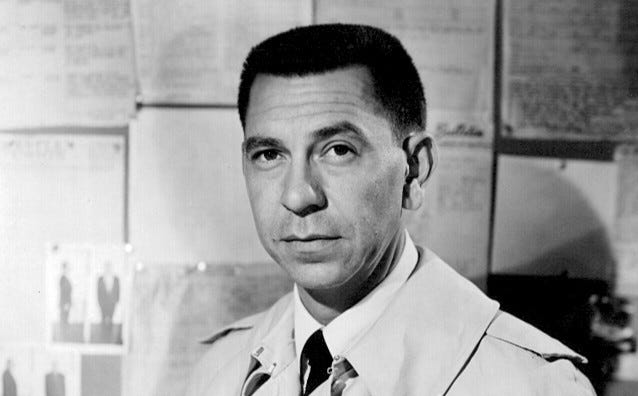Pieter Geyl, a Dutch historian, characterized history as “argument without end.” Among academic historians, this is certainly true. Graduate students and young professors make their reputations by attacking the arguments of their predecessors. The process repeats itself with each new crop of historians, and the argument proceeds endlessly.
To no small degree, this is an occupational imperative. If the historians ever came to agreement, there would be little for the new generations to do. This would not be a problem if the historians confined themselves to teaching. But since the late 19th century, historians have felt obliged to mimic the work of scientists, creating new knowledge. When new facts are in short supply, as they often are in dealing with well trodden chapters of history, new interpretations take their place. Interpretations beget arguments—indeed, interpretations are arguments—and the historians find job security.
Historians are as susceptible to self-aggrandizement as anyone, and they generally treat interpretation as a higher order of historical thinking than the gathering of facts. The most successful interpretations give rise to schools of historical thought. Whig historians, progressive historians, New Left revisionist and postmodern historians—the schools have marched back and forth across the fields of history for centuries.
But what if the interpreters and the arguers have things backwards? What if the facts of history are its essence and the arguments the froth? What if the most sophisticated historical thinkers and writers are not the theorists but the narrativists? What if history consists first and foremost of story, and only secondarily of interpretation?
And what if the historians, in their quest to be like scientists, misunderstand what science actually consists of? As suggested in an earlier post, the success of scientists in accumulating knowledge rests on their willingness to limit themselves to answerable questions. They ask what rather than why. Newton didn’t presume to ask why massive objects attract each other gravitationally; he simply measured the degree to which they do and summarized it in a mathematical formula. Einstein didn't explain why nothing can travel faster than the speed of light; he merely postulated this phenomenon, worked out its consequences and checked them against observable facts. Scientific theories exist, of course, but they chiefly serve to organize known facts and suggest where to look for unknown ones. The theories depend on the facts, not the other way around. A single counterexample, once verified, explodes a theory and renders it useless.
This aspect of science is worthy of emulation by historians. Let historians accumulate their facts and craft them into stories as true to life as possible. Then let them leave the arguing to politicians and others who make their living from opinions. When historians of the Franklin Roosevelt presidency write about the 1930s, let them explain what made the New Deal a big deal, but let them leave to others the arguing about whether it was a good deal or a bad deal.
If they must engage that argument, let them make clear that they are doing so not as historians but as concerned citizens or political partisans or in some other capacity that involves the application of personal beliefs to historical facts. Some scientists believe in God, others do not. But scientists as scientists don’t invoke God to answer their scientific questions.
A long-running radio and television series of the 1950s and 1960s featured a detective called Joe Friday, who grew impatient when witnesses spun theories about a crime. “Just the facts, ma’am,” Friday would say. His approach served him well; he invariably collared the criminal by the end of the episode.
Historians might heed the admonition. Facts endure; arguments merely beget new arguments.




This is why you're my favorite historian. I love learning about history, but I don't care about revisions of history or new interpretations of it. I want to know what happened, and I will wonder and contemplate the why, knowing any interpretation, including my own, is merely a guess, no matter how educated.
Excellent post. It seems to me Political Science and Political Economics are among the areas of academia that use the term "science" with reckless abandon. The "follow the science" mantra from our government agencies during this pandemic was used to compel people to behave in the manner desired by government bureaucrats. There was no "science"; only sparse anecdotal evidence.